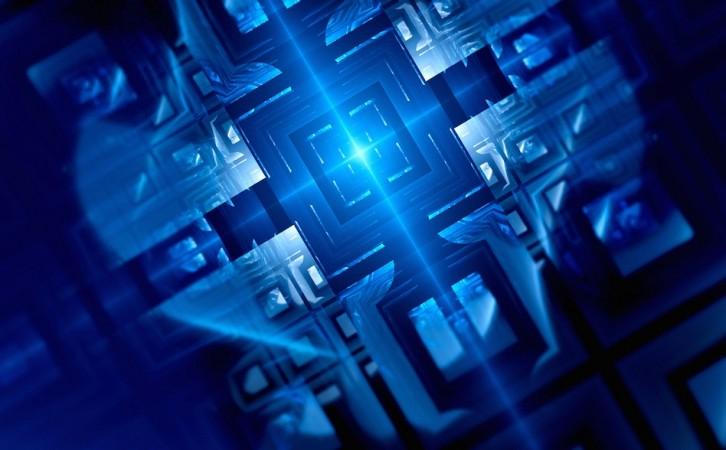
Japan joins China and the US in the race to build the world's most powerful computer as it has unveiled its first quantum computer prototype, which will be opened up for free to the public over Internet for trials starting November 27.
While the newly developed machine can theoretically solve complex calculations 100 times faster than conventional supercomputers, it consumes only one kilowatt of power -- equivalent to what is required by a large microwave oven -- for every 10,000 kilowatts guzzled by a supercomputer.
According to the creators, including the National Institute of Informatics, telecom giant NTT and the University of Tokyo, they are also building a cloud system to house their "quantum neural network" (QNN) technology, which has reportedly been deemed ready for the public after becoming capable of operating stably around the clock at room temperature.
The QNN prototype, which is likely to be commercialised by March 2020, is expected to help authorities better deal with massive urban traffic congestion and connect tens of thousands of smartphones to different base stations for the best possible use even in a crowded area.
Launched on Monday, the system is also expected to help researchers develop new drugs by finding the right combination of chemical compounds.
"We will seek to further improve the prototype so that the quantum computer can tackle problems with near-infinite combinations that are difficult to solve, even by modern computers at high speed," Stanford University Professor Emeritus Yoshihisa Yamamoto, who heads the project, said in a statement.

Unlike classical computers that store information in binary bits whose value can be either 1 or 0, quantum computers use qubits -- the basic units in quantum computing that hold bits of information -- that can be in a state of superposition where they simultaneously act as both 1 and 0.
This superposition helps each qubit perform two calculations at once, making it possible for a quantum computer with multiple entangled qubits to perform calculations at an incredibly faster speed than existing computers.
Japan's intent to join the quantum computing race comes at a time when major players like the US and China have already made significant progress in the area. While the US allocates $200 million annually for researching and developing quantum computers, China is reportedly building a $10 billion research centre for quantum applications.
Japan, on the other hand, has earmarked nearly 30 billion yen ($267 million) for quantum computing over a decade starting in fiscal 2018, Nikkei reported.
Meanwhile, tech giants like Google, IBM and Microsoft are also actively working on their own quantum machines that will rewrite the definition of computing one day.








